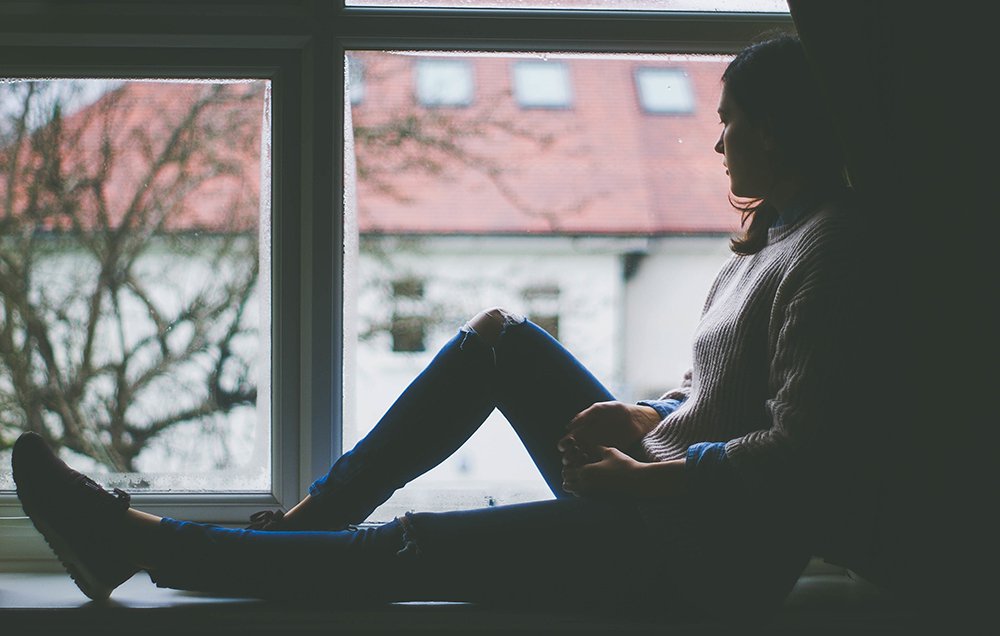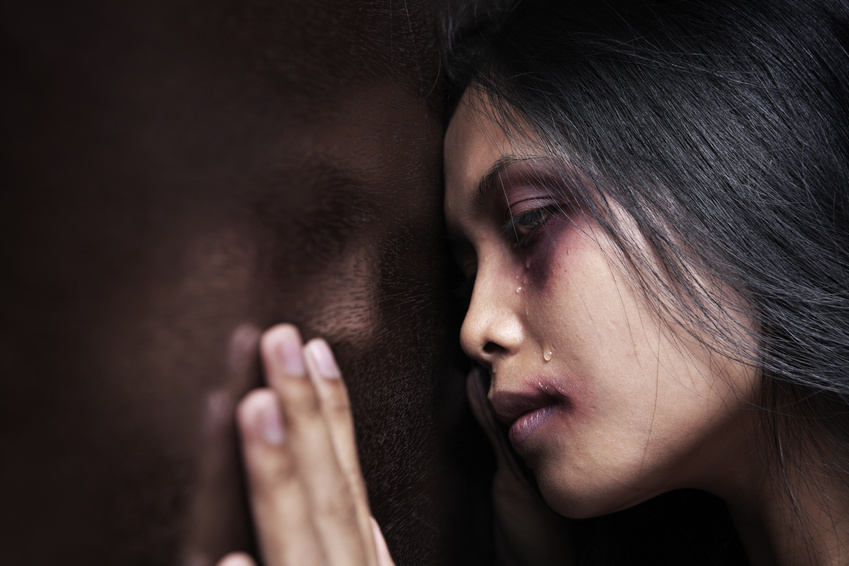
Churches can be a refuge for women fleeing domestic abuse. But sometimes they can help perpetuate abuse by failing to offer support when needed. There can be many reasons for this. Sometimes it’s because church leaders simply don’t understand – or are not willing to accept – that domestic abuse occurs within their congregations.
I have spent five years with the Black Church Domestic Abuse Forum (BCDAF) and helped create a programme to train church leaders on the most vital issues in the hope it will address domestic abuse in those communities.
Black majority churches are churches of any denomination where most of the congregation are of African or Caribbean heritage and have over 100 years of history within the UK. They provide spaces for belonging, solace, fellowship and support for those suffering from racial discrimination.
These churches can help new migrants adapt to life by offering them assistance with issues like language, culture, mental health and employment.
Black majority churches have played a major role in countering health inequalities because of the trust local communities invest in them. For example, they have raised awareness about sexual health, HIV, breast cancer, diabetes, obesity and the importance of physical activity. Not to mention the work they are doing to encourage vaccine uptake in minority communities in the US and UK.
Male leadership
But these churches are far less active on the topic of domestic abuse. Part of the problem is the overwhelmingly male leadership. And that’s not just in Black churches. In the UK 76% of church leaders are men and they are the ones who are the key decision-makers when it comes to church priorities.
This might go some way to explaining why domestic abuse seems to be a low priority and doesn’t often get referred to in sermons.
Studies have shown that churches of all denominations can actually oppress women experiencing domestic abuse. For example in studies from the US, some churches advise women to “stay and pray” in relationships or create a culture that makes it difficult or unsafe for women to speak out about experiences of violence and abuse.
There have been cases of pastors counselling couples together – where one is the abuser. This further endangers the victim in question. Other examples include not reporting abusive men to the police and siding with abusers.
Meanwhile abuse by men – including men of the clergy – has gone unchallenged and is under-reported. Studies with clergy and victim/survivors also report a lack of training in how to respond to reports of domestic abuse. Lack of training was also highlighted by the priests and pastors we spoke to.
Even when clergy are trained, they fear they are still ill-prepared to effectively respond. So in my pilot training and evaluation study with Black majority church leaders, they were given further support to navigate the complexities of responding to domestic abuse.
During my time with the forum, I learned that some churches have – for many years – supported women and men who experience domestic abuse by helping them to relocate, provide advice and counselling. But not enough people know that this support is there.
Fearing judgement
Women who seek faith spaces to cope with the consequences of past or current abuse may fear judgement from other members of the congregation and blame themselves when interpreting the religious text. For example, not being faithful and pious enough to await the answering of their prayers for the abuse to stop. Despite this, they still might wish to be supported and be a part of that faith community.
Belonging to a faith group can also be a barrier to accessing help and support from secular organisations for violence and abuse. Secular services can perceive faith groups as complicit in domestic abuse and faith groups can perceive secular services as anti-marriage. So women fear that secular support agencies will not understand their religious practices and avoid them. This means they stay in abusive relationships for longer.
I helped the BCDAF create a toolkit that includes bible stories, verses and case studies relevant to the cultural contexts of Black majority churches. The trainers, who were also pastors, advised the church teams responsible for managing reports of domestic abuse and encouraged churches to connect with domestic abuse response and support agencies. In questionnaires completed after the training, people said they were now listening more to what women reporting domestic abuse wanted, rather than just acting on their behalf.
All faith groups can do more and be more visible and vocal in their responses to domestic abuse. If people feel safe in church then that is a good first step. It can be a starting point for reaching out, speaking and seeking further support.

